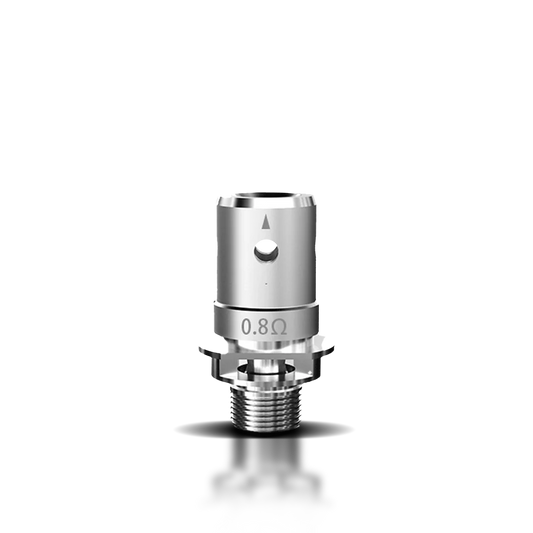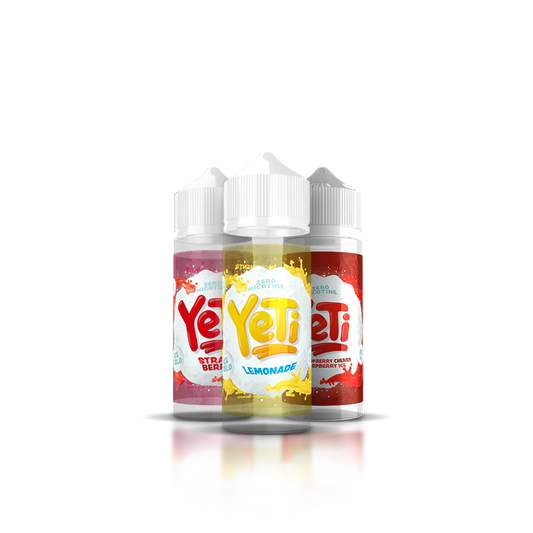
What if vape flavours are banned in the UK? Real consequences explored
The UK government has flirted with the idea of a flavour ban for years. Now in 2025, the pressure is mounting. Anti-vape advocates claim flavours target kids. Vapers argue they help smokers quit. So what if the ban actually happens? Let’s break down the real consequences.
Why flavours matter
Flavours are not just a gimmick. For adult users, they are the bridge away from tobacco. Many ex-smokers say sweet or fruity vape options helped distance them from the taste and smell of cigarettes. Menthol, cola, mango or cherry, these are more than preferences, they are psychological tools in quitting addiction.
In a recent UKVIA survey, over 80 percent of vapers said flavoured products made it easier to quit smoking. Remove those, and that success rate drops fast.
Would a flavour ban stop underage vaping?
Unlikely. Youth vaping is a real concern, but flavours are not the only factor. Teen access often comes from social sources or illegal sellers. A ban on legitimate products does not stop this. If anything, it pushes young users deeper into unregulated markets.
Just look at the US. Several states introduced flavour bans between 2020 and 2022. The result? Legal sales dropped, but youth vaping barely moved — and black market sales exploded.
Black markets thrive in regulatory gaps
Bans rarely eliminate demand. They just shift where people buy. In a UK without flavoured vapes, you will still find mango and blue razz. Just not from a regulated seller.
Expect dodgy corner shop imports. Expect TikTok sellers with no safety controls. Expect “backdoor brands” with no testing or nicotine regulation. That is the risk a blanket flavour ban invites, a thriving black market with no accountability.
Smoking relapse: the real health cost
For ex-smokers, flavours are part of the quit journey. Remove them, and many will struggle to stick with their device. Some will go back to tobacco, especially if unflavoured or tobacco-taste vapes feel too close to the real thing.
This is not just theory. After the 2020 flavour bans in the US, adult smoking rates crept up for the first time in over a decade. That is not progress. That is public health moving backwards.
Who wins from a flavour ban?
Big Tobacco might. Some large companies sell both cigarettes and vapes. If vapes become less appealing, smokers stick around longer. Meanwhile, black market sellers make a fortune off desperate users who just want their favourite flavour back.
And who loses? People trying to quit. Small vape shops. Legit UK brands. Public health initiatives. Basically, the people who have done things right.
What are the alternatives?
Flavour bans are a blunt instrument. There are smarter ways to protect youth without punishing adults:
- Enforce age verification at retail and online
- Limit advertising to adult spaces only
- Increase education around responsible use
- Ban flavours that mimic sweets or copyrighted brands, not all flavours
Target the problem, not the people solving it. That is how you build a future that works for both health and freedom.
Final thoughts: real damage, minimal gain
Banning vape flavours in the UK might sound bold on paper. In practice, it risks fuelling black markets, pushing people back to smoking, and handing the industry to those who play dirty. If flavours go, public health does not win, it bleeds.
Have your say, support smart choices
Do you think a flavour ban would help or hurt? Let us know your view in the comments or share this blog with someone who needs to see both sides.
If you are after trusted devices, legal e-liquids or alternatives to help you quit, visit Vape Lounge UK. We offer nicotine salts, shortfills, pod kits, accessories and more.
Come by 147 Great Ancoats Street, Manchester or 71 Stafford Street, Stoke on Trent. Got a question? Email hello@vapelounge.uk or ring us on 0161 637 6066.






